
War disrupts education of Ukrainian kids, even those who’ve found safety abroad
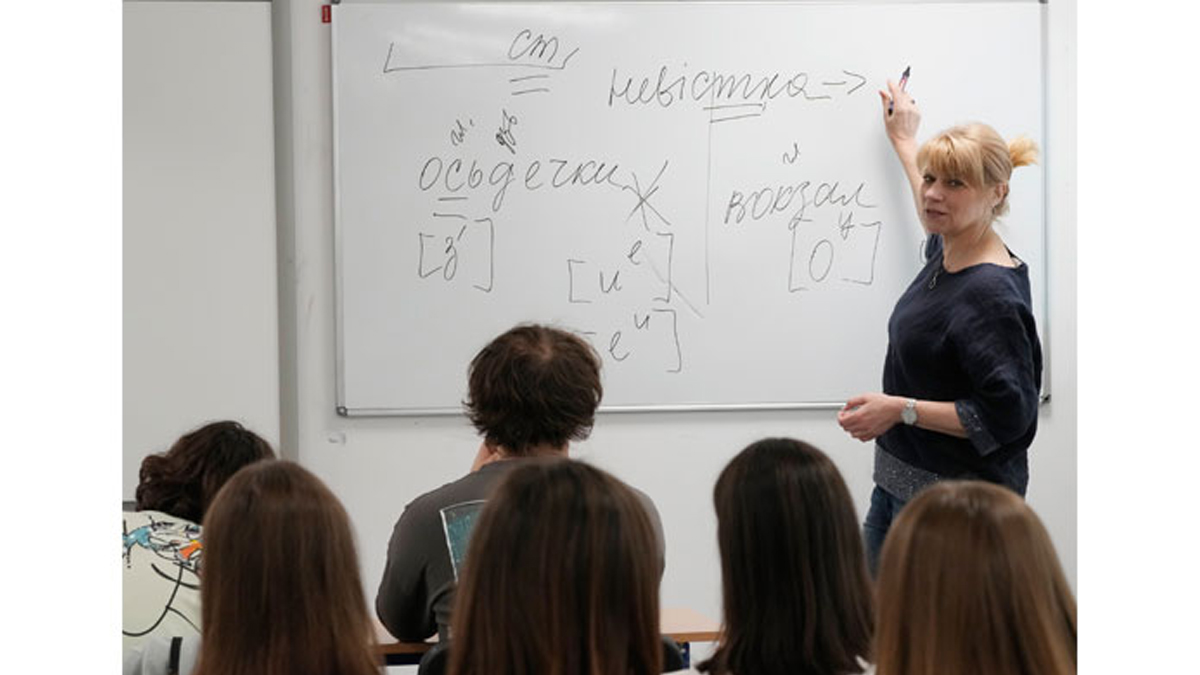
Warsaw, Poland, June 16: Nine-year-old Milana Minenko doesn’t play piano anymore. During the day, she attends public school in Poland, where she and her mother fled from the war in March 2022. In the evenings, her mother helps her follow Ukraine’s curriculum to keep up with lessons back home. There’s simply no time and no money for anything else.
Russian forces occupied Milana’s hometown in the Zaporizhzhia region of Ukraine, destroyed her house with a missile on the second day of the war, and uprooted her family. Milana and her family lost nearly everything they loved.
For Milana, that means school. The place that greeted her with balloons on her first day. Friends she can now only send text messages. The teacher who brought joy to learning.
It also means her music school, where she studied piano and singing after her other lessons. That building now lies in ruins. Milana’s not sure what became of her primary school. She wonders whether it, too, was bombed by Russian forces targeting schools.
Russian forces have destroyed 262 educational institutions and damaged another 3,019 in their invasion of Ukraine, according to government figures. But the disruption to the education of Ukrainian children goes far beyond buildings turned to rubble. For those who’ve fled to other countries, schooling is suffering in unprecedented ways, according to families, educators, experts and advocates. The effects of war and relocation combined with the challenges of studying in a new country are compounding educational setbacks for young refugees.
At stake are the knowledge and skills of a generation needed to rebuild the nation after the war, Ukrainian officials say a priority they’ve described since the war’s early months. Officials report at least 500 children killed in the war, and thousands have been deported to Russia without consent. There’s no telling how many of the 8 million refugees recorded across Europe will return.
About 1.5 million live in Poland, the most of any country. Many chose it for proximity to Ukraine and plan to go home someday. In Poland, children aren’t required to enroll in local schools an option not allowed in Germany and some other countries.
Fewer than half of the child refugees in Poland 180,000 students are enrolled in schools, according to UNICEF. Like Milana, most spoke no Polish when they arrived. Around 30% of children from Ukraine who are enrolled and studying in person in the Polish school system are also studying the Ukrainian curriculum online, UNICEF estimates.
Enrollment numbers drop with older students; just 22% of Ukrainian teens in Poland attend the country’s schools.
“It’s a disaster in slow motion,” said Jedrzej Witkowski, CEO of the Polish nonprofit Centre for Citizenship Education.
The detrimental effects on learning and socializing will be far-reaching, said Francesco Calcagno, of Poland’s UNICEF refugee response office. That includes extracurricular activities like Milana’s music that are key to development and mental health, according to experts.
“Come September, it will be the third school year outside of Ukraine and it will be the fourth year online for many,” Calcagno said, citing educational setbacks of the coronavirus pandemic. “Learning face to face is missing. … We need to bring these children back into school, back into classrooms.”
But Polish schools were already struggling with severe teachers shortages. And language issues exacerbate problems for the refugee students; although Ukrainian and Polish are similar, it takes three years to master the latter at a level needed for scholastic work, Witkowski said. (AP)


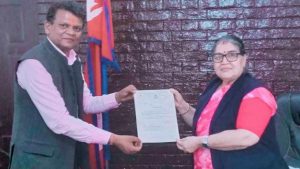

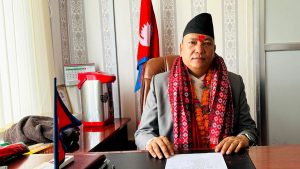
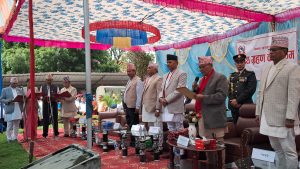






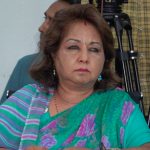
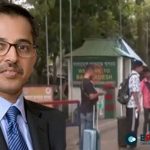
Comments